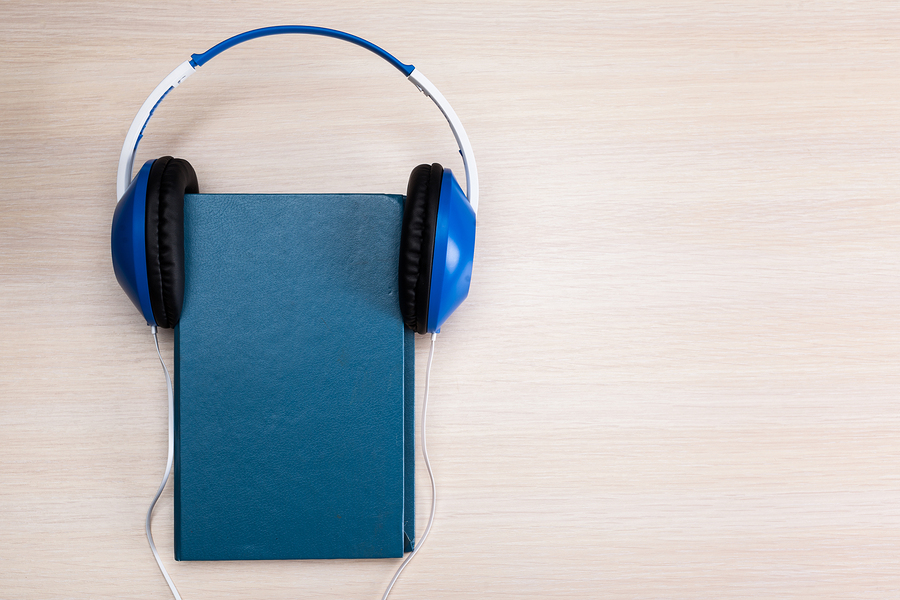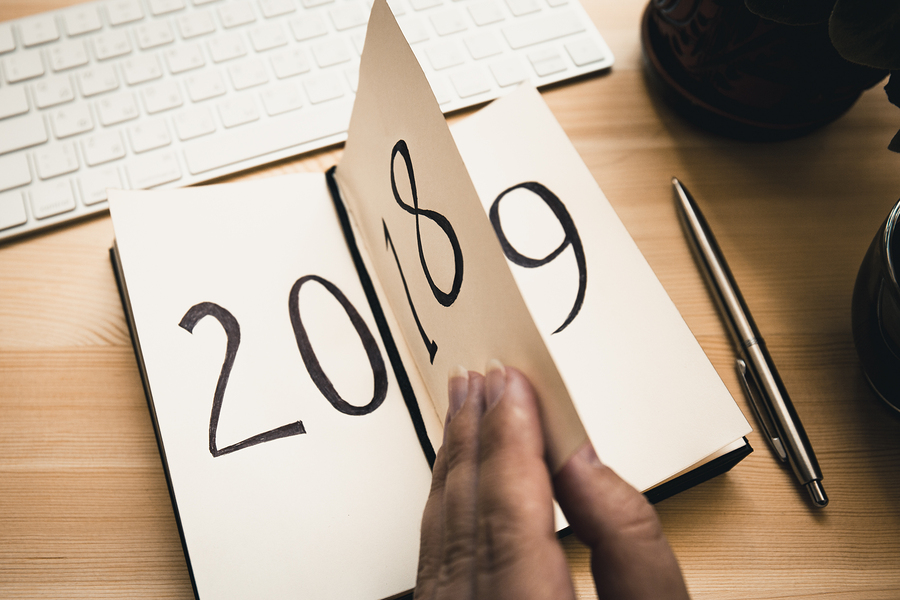When writing, few authors think about their work being turned into an audiobook, so this type of deal can be a wonderful surprise when it happens! With traditional publishing, the publisher will either create the audio in-house with their own recording division or license the audio to a company that specializes in audio production. Here are a few assumptions to avoid when considering the potential for your work to be turned into an audiobook:
- I’ll get to read my book for the recording! Not likely, unless you bring special qualifications to the table. Most publishers hire professional readers for this job. The publishers are doing most authors a favor to do so. For instance, some people tell me, “I can hear a Southern accent on certain words you say.” I reply, “Whut ack-sey-unt?” I doubt many audiobook consumers would be convinced someone such as, say, King David’s wife, Bathsheba, spoke with the slightest bit of a Southern accent.
- I’ll be able to choose the reader! This is seldom true. An author can certainly make recommendations, but they may or may not materialize. And publishers have access to a large roster of professional voice talent who can deliver a fine audiobook, so they are in the best position to find a great reader for your book.
- The publisher is spending tens of thousands of dollars on the reader! Probably not. Generally speaking (haha) fees are in the four figures.
- All professional speakers know proper pronunciations. Although publishers tend to hire skilled readers, don’t assume that professional readers will pronounce even common Bible names properly. For instance, what if, for some reason, the person reading your audiobook on Ruth pronounced the name with a short u (Rugh-th instead of Rooth) so her name sounds like a dog barking. (“Rugh-th! Rugh-th!” called Naomi.) You won’t want to listen to the recording. And neither will anyone else.
What to do?
Realize that few authors have control over their audiobook production with traditional publishing. Even their publishers may have limited clout if they licensed audiobook rights to an outside party. But there are some helpful ways you can be a sweet and cooperative author:
- Create a pronunciation guide. In fact, if you’re writing a book with even one or two not-obvious words, you can create a pronunciation guide to include in the print and Kindle versions. If those readers, who, in their minds, think your heroine’s name is pronounced Marsha rather than Mar-cee-a, no one cares. But a guide can do much preemptive good for the conscientious author and audiobook reader.
- Be openminded. While writing your book set in Australia, you may have been thinking in a broad Australian accent. However, despite the love many have for Outback Steak House, a different Australian accent might be more appropriate for your book. To wit, see this interview between two famous Australians: https://www.youtube.com/watch?v=6olO2w8jPuk.
- Realize that adjustments can be a good thing. Back in the day, your sexy Irishman might have spoken in a voice indecipherable to most untrained listeners. Here, even the eloquent announcer seems to say “farty” instead of “forty” to North American ears. Trust your reader to be understandable even if a wee bit of authenticity must be sacrificed.
If you’re blessed with an audiobook contract, congratulations! May there be many listeners in your future!
Your turn:
Are your books available in audio?
Do you listen to audiobooks? What is your favorite one and why?
What tips can you offer a writer with an audiobook contract?









